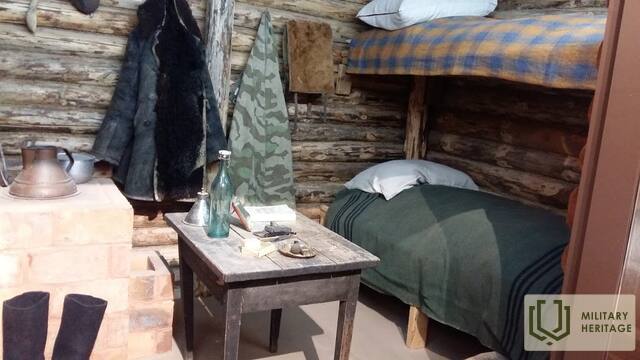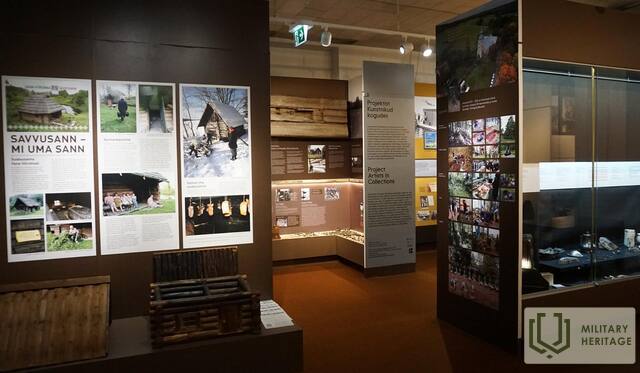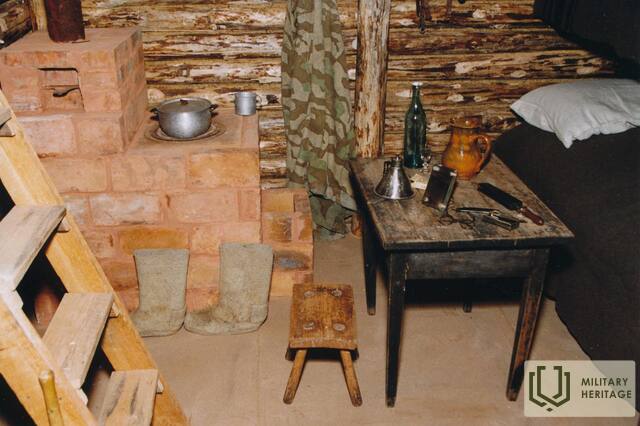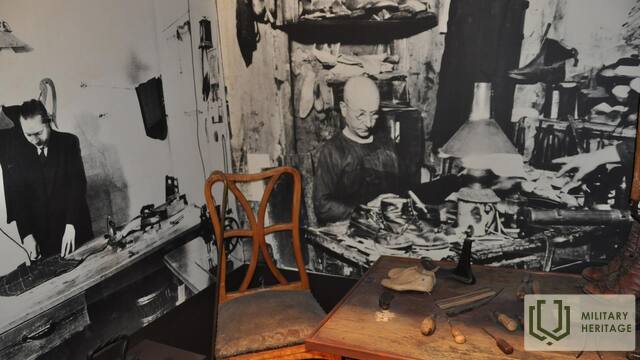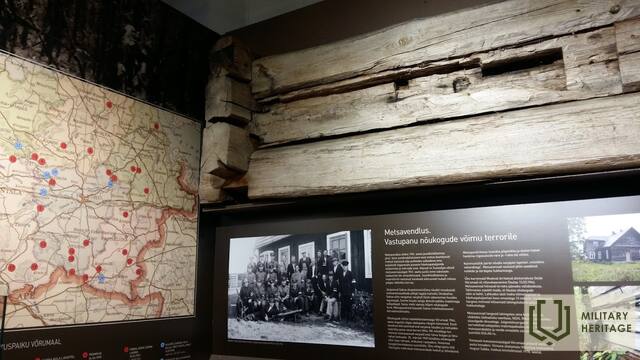Vana-Võromaa Museum Museum

This museum is situated in the city centre of Võru.
The exhibition showcases the history of Võru County from the prehistoric era to the mid-20th century.
It also provides an overview of the birth of the Estonian Republic and the events of the War of Independence in the county. Moreover, the museum boasts one of the most detailed displays on the Forest Brothers in Estonia, including a replica of the interior of a Forest Brother bunker.
Exhibitions on a variety of subjects are regularly displayed in the exhibition hall, where history-themed museum courses can be attended.
Educational programs
“History through human destinies”; "Metsavend Alfred Käärmann and the choices of the 1940s"
Alfred Käärmanni (1922–2010), the legendary Võruma forester, went to the forest as a young man after the start of the second Soviet occupation in the fall of 1944. A year later, he was wounded in the left hand by an explosive bullet in a raid and escaped with his life thanks to Latvian forest brothers who organized medical assistance. Alfred lost his left arm. Despite this, he managed to resist for another seven years, and only with a poisoned drink offered by a traitor who became an MGB agent, the forest brother was caught alive. He was sentenced to twenty-five years of forced labor, to this utopian sentence was added another five years of being sent to a settlement. Alfred was able to return to occupied Estonia in 1981, his persecution only stopped during the years of the singing revolution.
At the initiative of Alfred Käärmann, the principle written in the preamble of the Constitution of the Republic of Estonia is that the Estonian state and its constitution must ensure the preservation of the Estonian nation and culture throughout the ages.
Alfred Käärmann was one of the most active men in the restoration of independence in Võrumaa: he helped to re-establish the Defense League and was elected a representative of the Estonian Congress. He has published books, the most well-known of which are Against the Deadly Enemy (2000) and The Spirit of Freedom (2000). He has been awarded the medal of the Kotkarist IV class.
We all have to make choices in life, some more important than others. The point of studying history is to develop judgment. History provides an opportunity to look at the results of decisions made by predecessors. In the museum class, we reflect on the choices that Võrumaa's youth had in the 1940s. To immerse ourselves in the era, we try to step into the shoes of several real people, be it Alfred who went to the forest, Karl who escaped to Sweden or Aleksander who stayed at home. We think about what their choices were and what we would do in their place. The distance of 80 years from these events gives us the opportunity to know what the consequences of these choices were.




